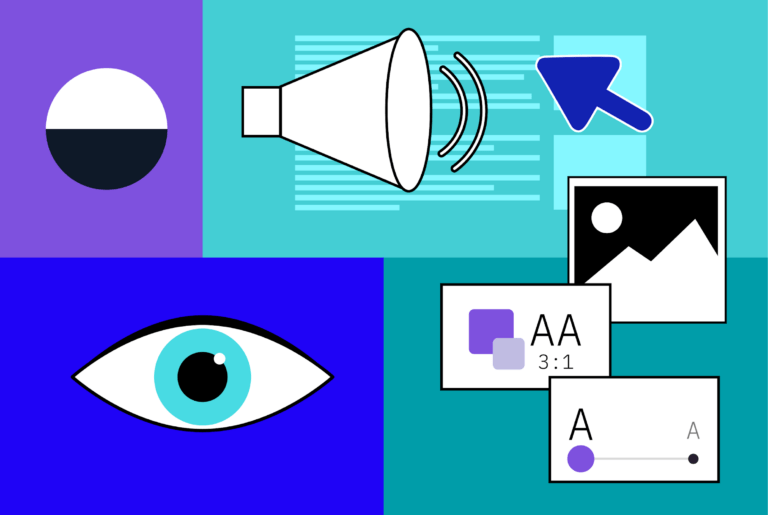
The Importance of Service Design in Health & Social Care
Service Design in Health
Service design is the shaping of service experiences so that they really work for people. Removing the lumps and bumps that make them frustrating, and then adding some magic to make them compelling.” Mat Hunter, Chief Design Officer at the Design Council
Seeing health and healthcare through patients’ eyes is crucial when developing new services for them. Adopting an outside-in approach has a proven record of increasing efficiency and improving the patient’s experience of the healthcare services themselves.
At Big Motive, our service design approach is based on a user-centred design process. This means we place the focus on the users, their demands, needs and experiences in each phase of the design process. This approach helps us to capture valuable insights and feedback from users first-hand, as well as key stakeholders.
We channel what we learn from these insights into prototyping and testing activities, validating proposed changes directly with users. This means that we check in with users along the way, to make sure that the products and services are always best suited to their needs.
Our Experience
At Big Motive, we have worked on a range of high-profile projects in the space of health and wellbeing that have delivered significant social impact.
We have significant experience designing complex services based on real human needs. We have worked with Respiratory Analytics to design “aflo”, an app which creates a connected health experience for people living with Asthma and COPD (chronic obstructive pulmonary disease).
Following over 100 conversations with various stakeholders, we designed a holistic solution that could improve daily inhalation technique and medicines adherence.
Our service design approach, using the feedback provided through our conversations, led us to design a ‘smart inhaler’ patient-centred app and a data analytics tool so that healthcare teams can get real-time feedback from patient engagement and inhalation.
We also employed a human-centred approach to gather vital feedback and insights when designing the StopCOVID NI app. At the earliest stage possible, prototypes were designed and tested with the public, senior stakeholders and human-rights organisations. This truly human-centred approach enabled us to gather vital feedback and insights which could be implemented iteratively before the final public-facing version was agreed. Conducting this research enabled us to gain the exact insights we required to create the best solution possible.
The future
We are shaping how governments, clinicians, technologists and citizens work together to create truly usable and accessible products and services. We want to help shape the future of healthcare and we believe our service design approach will help us to do so.
Blending empathy with the power of new technologies is the starting point for true innovation. We hope to continue working with companies in this field in order to solve more of society’s most urgent challenges.


